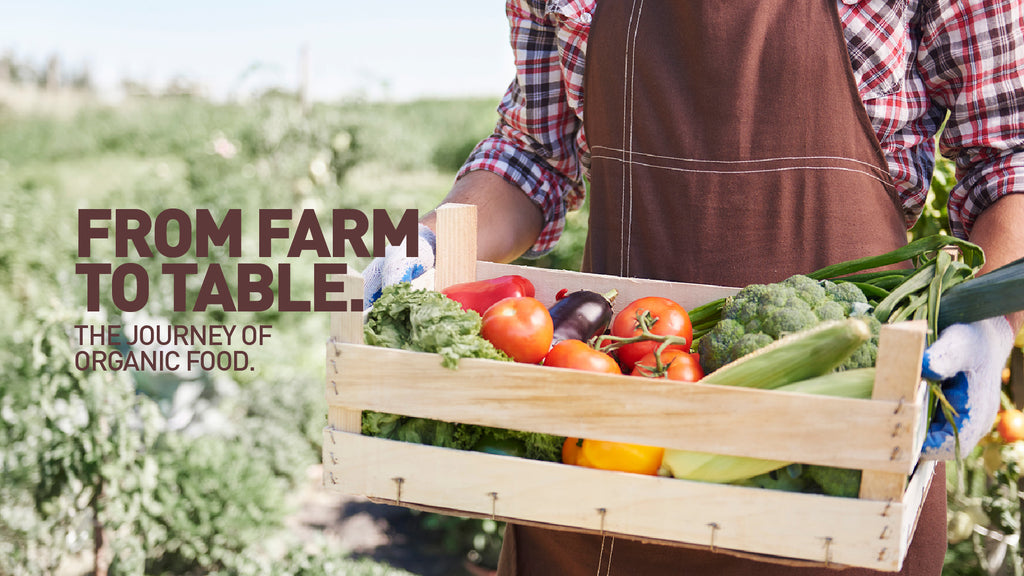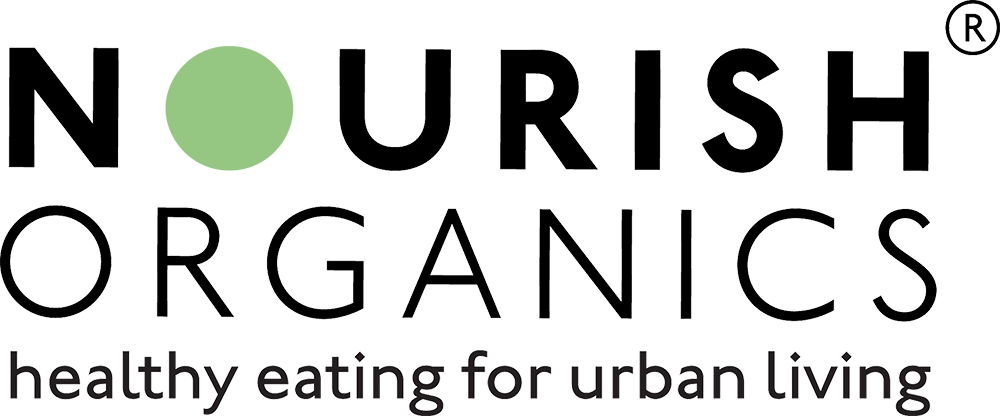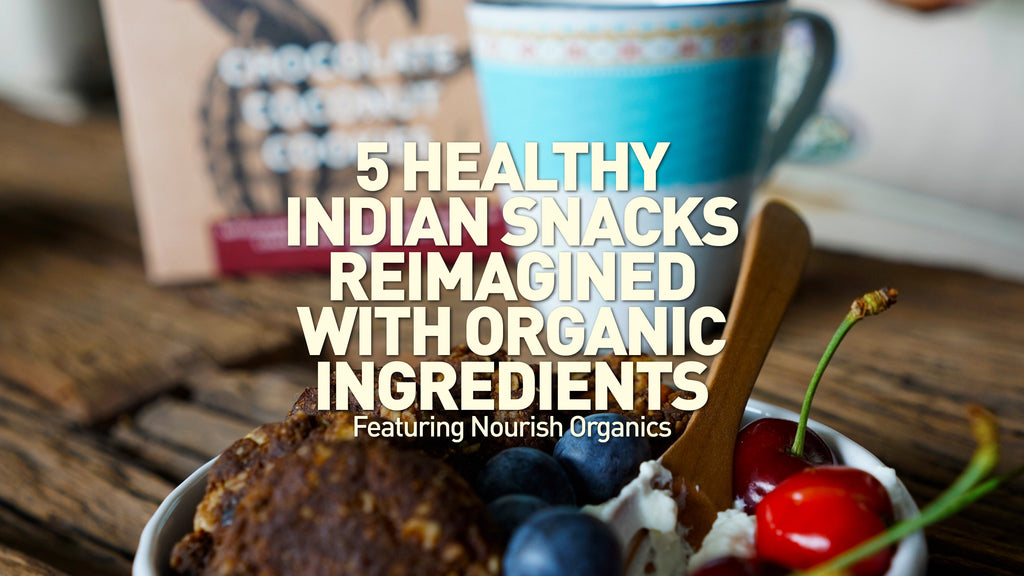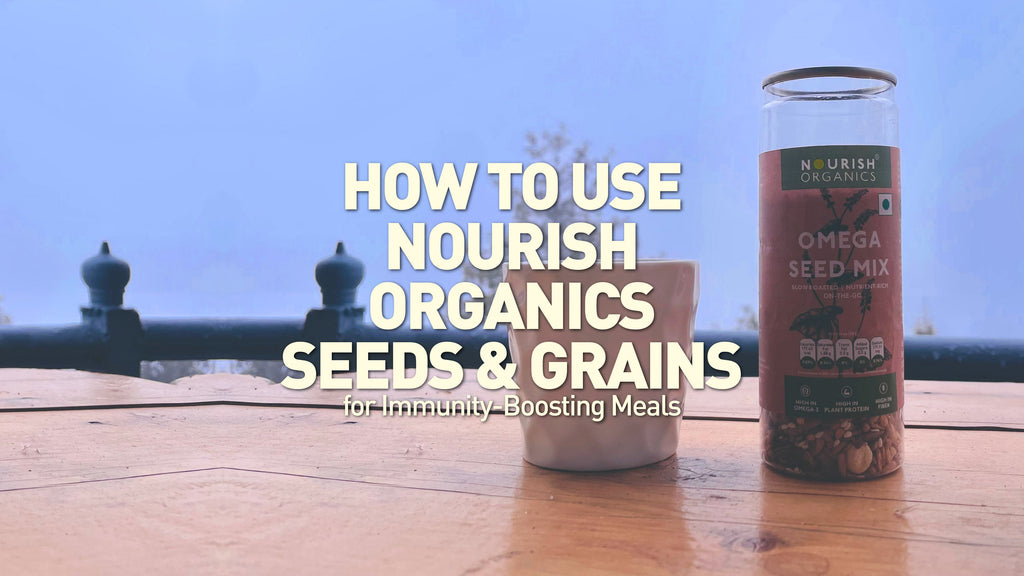
From Farm to Table: The Journey of Organic Food

The journey of organic food from farm to table is a fascinating and vital process that connects consumers with the Earth, farmers, and sustainable agricultural practices. Understanding this journey not only deepens our appreciation for the food on our plates but also empowers us to make conscious choices that support a healthier planet.
Organic Farming Practices: The journey begins on organic farms where farmers adhere to strict organic standards. Organic farming practices prioritize soil health, biodiversity, and the avoidance of synthetic pesticides and fertilizers. Crop rotation, composting, and natural pest control are integral components of organic agriculture, fostering a sustainable and regenerative approach to food production.
Harvesting and Processing: Once crops are ready for harvest, the journey continues with careful and considerate harvesting practices. Organic fruits, vegetables, and grains are typically harvested at peak ripeness to maximize nutritional content. After harvest, organic foods undergo minimal processing to maintain their natural integrity, avoiding the use of artificial preservatives, colors, and flavors.
Transportation and Distribution: Organic food makes its way from farms to distribution centers and then to local markets or stores. The transportation of organic products is a crucial aspect of reducing the environmental impact of the food system. By supporting local and regional distribution networks, consumers can contribute to a more sustainable and energy-efficient food supply chain.
Certification and Labeling: Organic food is distinguished by certification labels that indicate adherence to organic standards. In the United States, the USDA Organic seal ensures that a product meets specific criteria for organic production. Similar certifications exist in other regions, providing consumers with the assurance that the food they purchase aligns with organic principles.
Consumer Choices: The final leg of the journey involves consumers making conscious choices at the grocery store or farmers' market. By choosing organic products, individuals contribute to a demand for sustainable and environmentally friendly agriculture. These choices also support farmers who prioritize ethical practices, soil health, and the well-being of their communities.
Preparation and Cooking: Once organic food arrives in our homes, the journey culminates in the preparation and cooking process. Whether we're crafting a meal from scratch or simply assembling ingredients, the choices we make in the kitchen impact the overall sustainability and healthfulness of our diet. Embracing organic ingredients in our recipes completes the farm-to-table journey with a commitment to wholesome and environmentally conscious eating.
Understanding the journey of organic food invites us to be mindful consumers who appreciate the interconnectedness of our choices with the broader food system. From the farmers who cultivate the land to the hands that prepare the meals, each step in the journey plays a role in shaping a sustainable and healthful future for food and the planet














